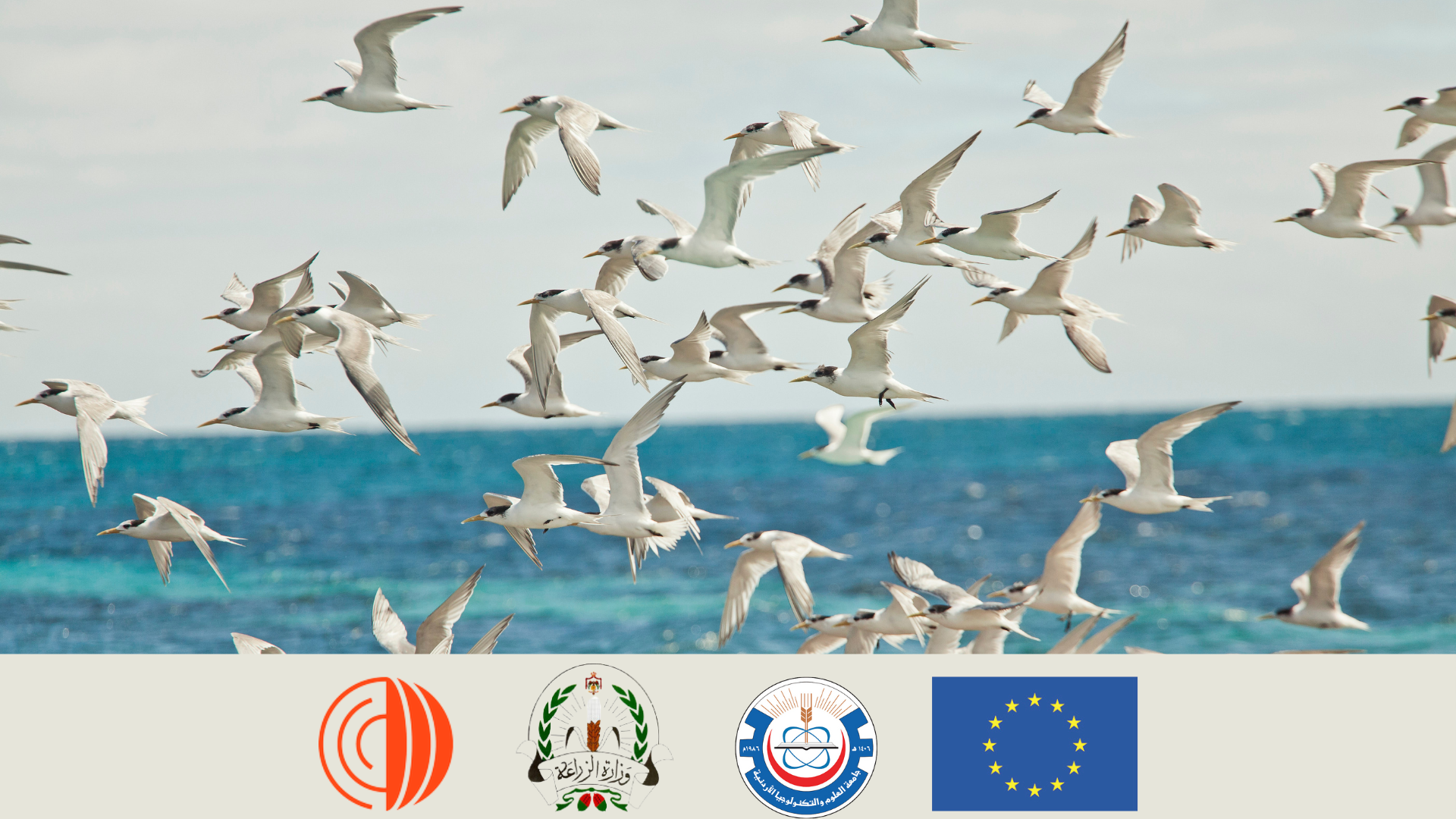Background
High Pathogenicity Avian Influenza (HPAI) is a significant transboundary disease with serious implications for animal and public health, agricultural productivity and economic stability. Since 2003, the H5N1 strain has caused widespread poultry outbreaks, resulting in substantial financial losses and occasional human infections.
The Middle East has been particularly vulnerable, with multiple countries reporting HPAI outbreaks. The disease is transmitted primarily through direct contact with infected birds, posing a threat to the poultry industry, wildlife and human populations.
Vaccination has therefore been recognised by WOAH as an additional tool for controlling the disease, one that must be applied on strict surveillance to demonstrate the absence of circulation of the virus. Recourse to vaccination should not lead to negative consequences for international trade in so far as Members follow WOAH standards. As a Transboundary Animal Diseases (TADs) priority, WOAH and FAO have collaboratively drafted a revised ten-year global strategy for the prevention and control of highly pathogenic avian influenza (HPAI) in response to the continued intercontinental spread and changes in the circulating HPAI virus (H5 goose/Guangdong (Gs/ GD) lineage, especially 2.3.4.4b clade). This replaces the strategy published in 2007 in response to the initial emergence of the H5N1 Gs/GD lineage in Asia.
This workshop, organised by WOAH and the Jordan University of Science and Technology (JUST), aims to strengthen the regional response to HPAI in the Middle East, focusing on prevention, control and eradication efforts.
Objectives
The workshop aims to:
Meeting Participants
13 participants will share their case studies on HPAI control, providing valuable insights and experiences from their respective countries. These countries are Bahrain, Cyprus, Egypt, Iraq, Jordan, Kuwait, Lebanon, Oman, Qatar, Saudi Arabia, Türkiye, United Arab Emirates and Yemen, along with participation from relevant international organisations.
The workshop will cover key topics related to HPAI, including:
See the Full Meeting Provisional Program
Meeting Presentations, Recommendation and Follow up
Media Coverage of the Regional Coordination Meeting on HPAI Situation in the Middle East and Action Plans Guided by Global HPAI Strategy:
